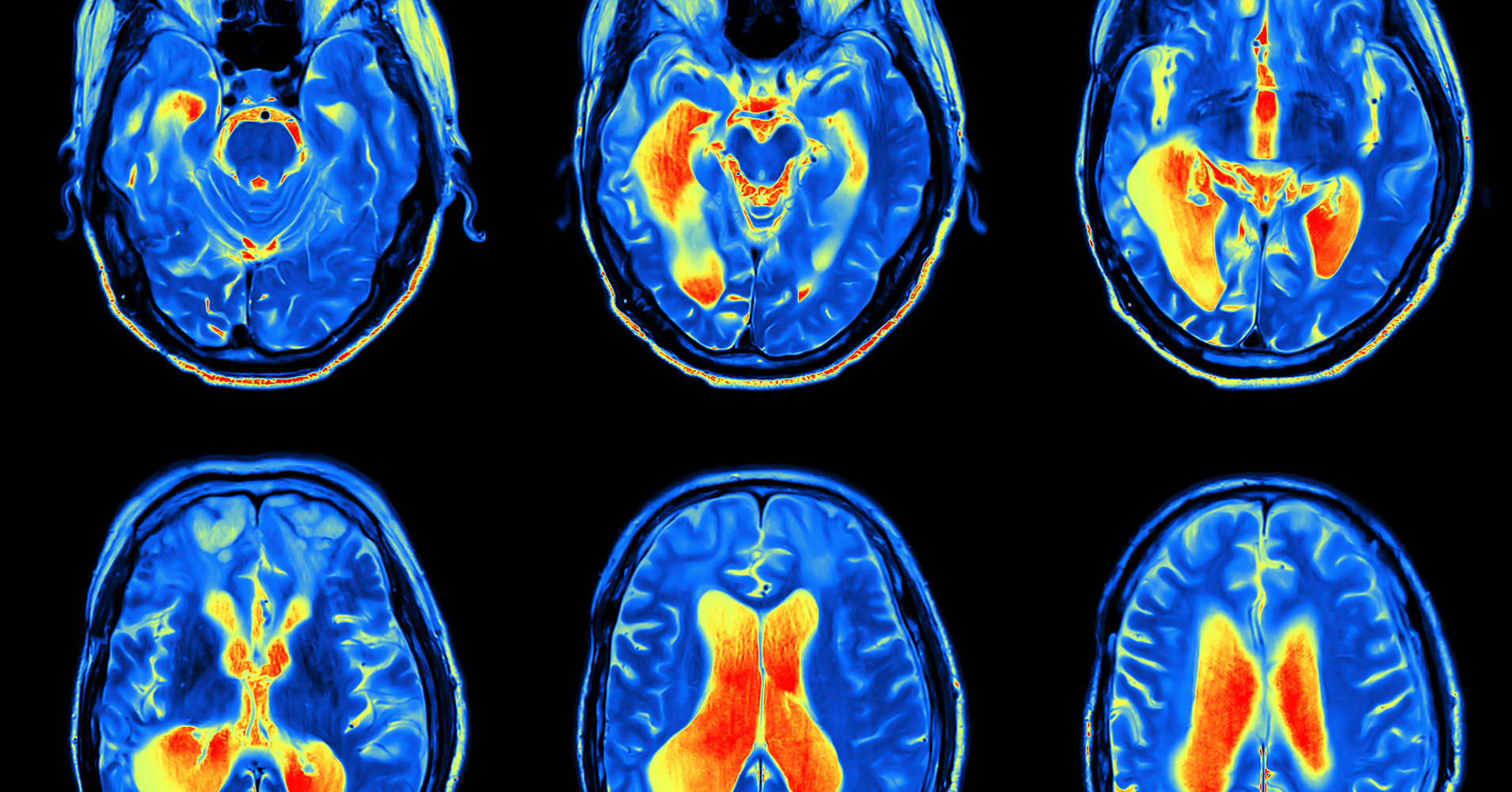Service performed at: Lennon Rd-Flint
What is Nuclear Medicine?

Nuclear medicine is a radiological subspecialty that uses small amounts of radioactive material for diagnostic imaging, as well as for treatment of certain conditions. It is one of the medical imaging methods that allow radiologists to view functioning physiological processes over time, rather than simply what an area of the body looks like at a specific moment.
For diagnosis, your physician may order nuclear medicine imaging for such purposes as evaluating heart, circulatory, or kidney function; finding blockages in the gall bladder; looking for fractured bones; finding infections; diagnosing thyroid problems; diagnosing cancer; or identifying areas of internal bleeding.
Nuclear medicine is also sometimes used in the treatment of certain disorders, such as destroying cancer cells in the thyroid with controlled doses of radiation.
Procedures & Instructions
Bone Scan
- No special preparation is necessary.
- This exam requires two visits. The first will be approximately 30 minutes for the injection. Then you will return 3-4 hours later for delayed images that take about 30 minutes.
Renal Scan
Renal Scan can evaluate kidney function, check for urethral obstruction, and evaluate regional scarring from old infections or chronic obstruction. It can also be used to evaluate renal artery stenosis as a cause for hypertension.
- No special preparation is necessary unless your doctor ordered this exam to exam to evaluate renal artery stenosis as a cause for hypertension.
- If your doctor ordered this exam to evaluate renal artery stenosis as a cause for hypertension, you will be required to be off any ACE inhibitor medication 48 hours prior to the exam. It may also require an additional day of testing.
- The exam takes 60 minutes to complete.
Gastric Emptying Imaging
- Do not eat or drink after midnight, the night before your exam.
- If you have an allergy to eggs, please contact our office.
- The exam takes 4 hours to complete.
Hepatobiliary Scan (HIDA)
Hepatobiliary Scan (HIDA) can evaluate the liver and gallbladder function/contractility.
- Do not eat or drink for at least 4 hours before the test and do not take any pain medications.
- The exam takes approximately 2 to 4 hours to complete.
Thyroid Uptake and Scan
Thyroid Uptake and Scan can be used to evaluate the structure and function of the thyroid gland. It can be used for tumor localization, as well as for parathyroid adenoma detection.
- This is a two day test. On day one you will come in to take a radioactive pill. You will return the following day (20-26 hours later) for the scan. Each appointment takes about 30 minutes.
- If you take thyroid medications such as Levothyroxine, Synthroid, Armour, Levothroid or Levoxyl, you must be off them for six weeks before your scan.
- If you are taking PTU (propylthiouracil) or methimazole (Tapazol), you must be off these medications for one week before the scan.
Parathyroid Scan
- No special preparation is necessary.
- This is a two-part test. At the first appointment, you will receive an injection of a radioactive tracer and then images will be taken. You will then return about 2 hours later for another set of images. The first appointment is 30 minutes. The second appointment is 60-90 minutes.
Radioiodine Treatment of Thyroid Disease
- No special preparation is necessary.
- This treatment requires a consultation office visit with a radiologist before treatment will be given, which lasts approximately 30 minutes.
- You will return on another day for a very short visit for the actual treatment.
Nuclear Medicine Injections
Nuclear imaging and treatment procedures can be helpful in planning treatment for certain types of cancer, or for delivering radiation treatments for thyroid cancer or enlarged thyroid disorders. Two procedures in this category that are available at RMI include sentinel node mapping and Iodine-131 therapy.
Sentinel Node Mapping
For many types of cancer, a critical next step after diagnosis is to identify the stage of cancer, determining whether it has spread and, if so, where, so that an appropriate treatment can be planned.
Since many types of cancer spread through the lymphatic system, identifying the first lymph node that receives drainage from a tumor—called the sentinel lymph node—is an important part of staging and treatment planning. Once the sentinel lymph node has been identified, it can be removed along with nearby lymph nodes to test for the presence of cancer cells.
In sentinel node mapping, the patient is injected with a small amount of radioactive material that, when absorbed by body tissues, becomes visible to imaging equipment. This makes it possible to observe the process of drainage from a tumor into nearby lymph nodes, to identify the sentinel lymph node.
Iodine-131 Therapy
Iodine-131 is a radioactive substance that is used in treating thyroid cancer or enlarged thyroid disorders. If your doctor orders Iodine-131 therapy at RMI, you will be given, under the supervision of a radiologist, a dose of the substance to swallow in capsule or liquid form.
Iodine-131 is absorbed into the bloodstream and taken up by the thyroid, where it remains for a period of time, destroying some of the thyroid tissues, including excessive or cancerous cells. The treatment takes effect gradually, over a period of 1 to 3 months, with full benefit appearing in 3 to 6 months.
Iodine-131 therapy requires detailed preparation and follow-up procedures. Instructions will be given to you in advance of your appointment.
Preparation
A PDF copy of the above preparations is available for download here: Nuclear Medicine preparation instructions.
Resources
RadiologyInfo.org: General Nuclear Medicine
Information on this page updated 3-11-2020.
